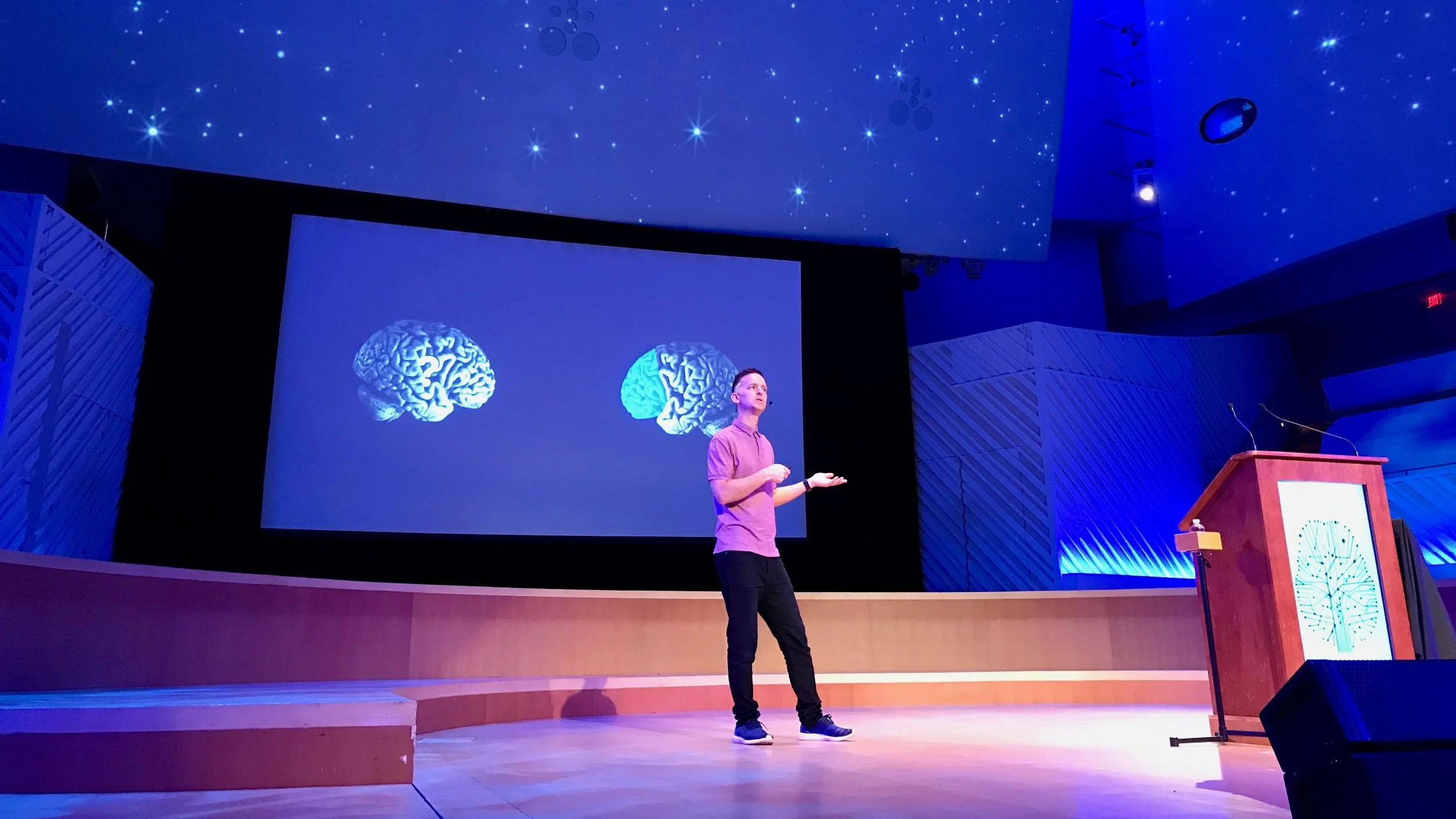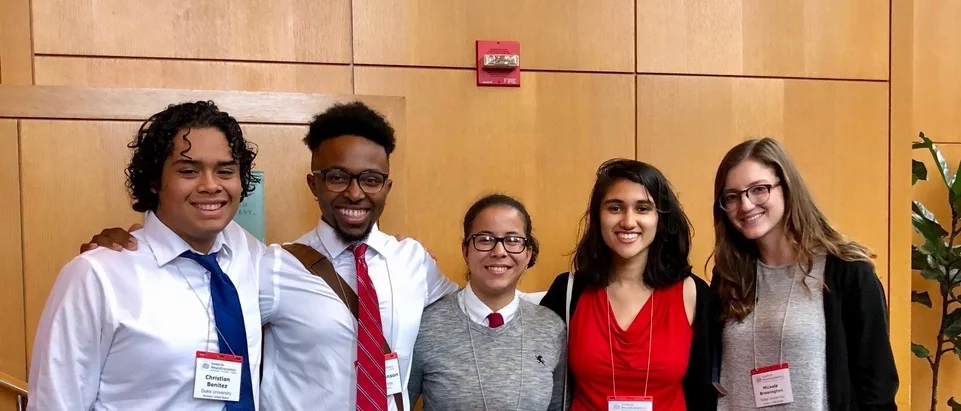Graduate student Allie Sinclair shares how new data tools being developed with grad student Morgan Taylor and collaborators at Georgia Tech can help you find out.
Imagination exercise helps people get a grip on real pandemic risks
When it comes to COVID-19, indulging in risk is for the young
Who is most likely to flout physical distancing rules? The answer to that question will be key to containing the coronavirus that causes COVID-19 as schools and stores reopen. Even if the current chatter is about vaccines and fantasy treatments such as bleach, it is human behaviour that drives infectious disease. And human social behaviour changes as we age.
The Emotional Benefits of Getting Older
Older People Generally More Emotionally Healthy, Better Able to Resist Daily Temptations
The Upside to Having an Old President
Ph.D. Student Jaime Castrellon Wins Best Poster Award for the Second Time at the Society for Neuroeconomics Annual Meeting
For two consecutive years, Castrellon’s posters have been selected and featured at the conference as Poster Spotlights: brief talks to the entire conference audience prior to the poster session. Each year Castrellon went on to win the Best Poster Award; he is the first conference presenter to receive the award twice.
Want the money now or later? It may depend on your age
Undergraduate Neuroscience Majors Attend Their First International Conference
Over Duke's 2018 Fall Break, five undergraduate neuroscience majors and three recent undergraduate alumni traveled to Philadelphia to attend the annual meeting of the Society for Neuroeconomics, an international meeting of scientists doing research on the neuroscience of decision making.
The conference is regularly attended by graduate students, postdocs, and faculty members from the Center for Cognitive Neuroscience, but this was the first year that a group of Duke undergraduates were in attendance.
Making Statistics Personal
It’s not often you hear undergraduate students studying statistics described as “surprised and enthusiastic,” yet that’s just how Gregory Samanez-Larkin, assistant professor of psychology and neuroscience at Duke University, says his students reacted to a semester-long project on health and well-being. Using FitBits to track real-world activity, the professor and his students were able to gather valuable personal data that they could anonymously incorporate into their classwork.












